Property in the country still soaring as London lags behind, but are cities fighting back?
The big story in the property markets over the past year has been the shift from city to country. Will it be permanent? Some say yes, others disagree — and there are signs that cities are changing in response to the desire for green space.
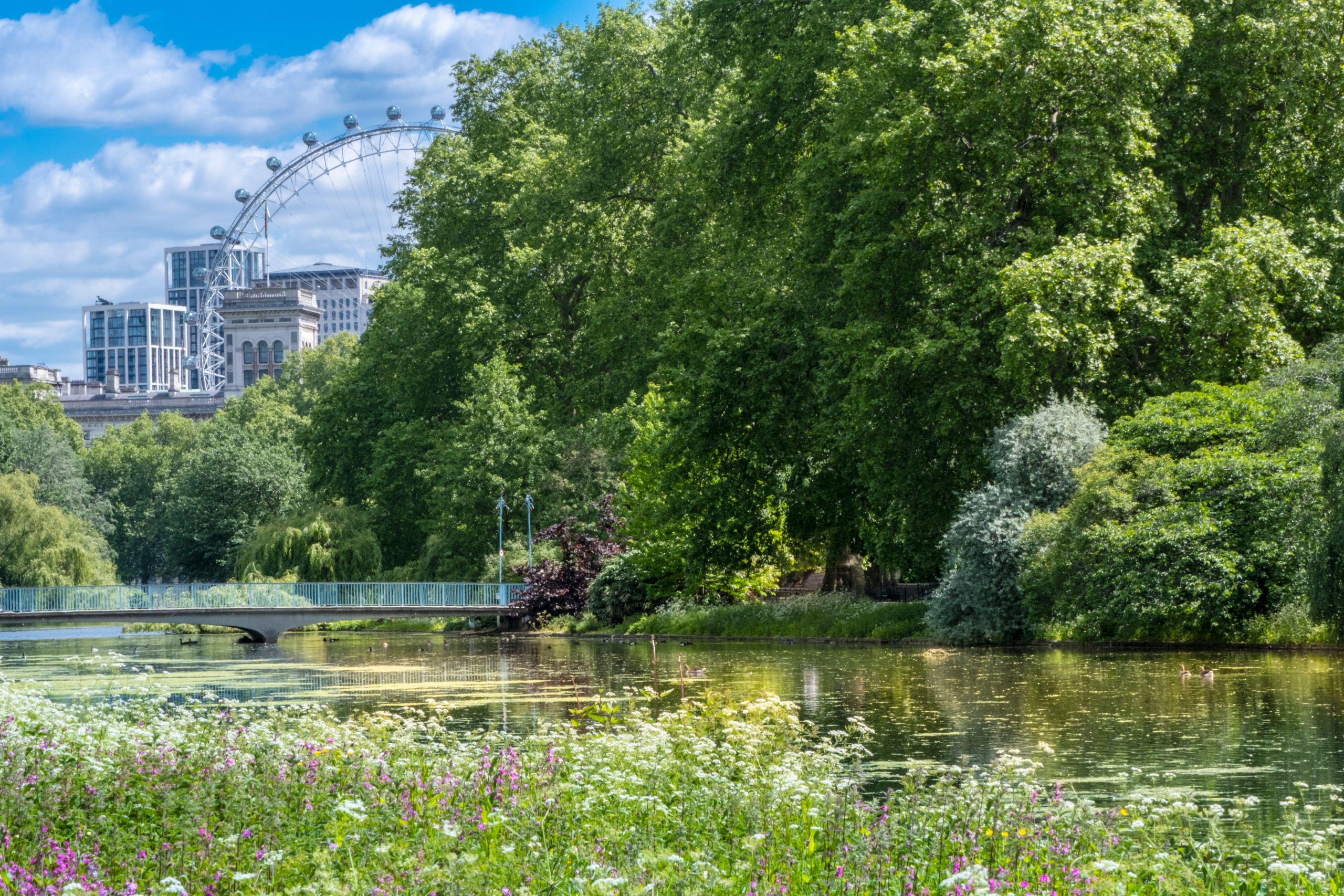
Of all the changes wrought in the world since the Covid-19 pandemic began early last year, the shift in the property market has been one of the most marked. The escape to the country — or the 'race for space' — has altered how and where we live and work, and that has shifted the property market.
'Without a doubt one of the key trends since the start of the pandemic has been the rise in the number of households looking for more space, and a significant part of that trend has been the rise of the number of households leaving cities,' said Lesley Cairns of Hamptons at their recent Town to Country roadshow,
The raw facts bear this out. HM Land Registry figures — the most accurate we have, albeit among the latest to arrive — showed last week that London has the slowest annual rate of house price rises in the country, at 3.3% compared to the national average of 8.9%. More recent figures even suggest a price dip, and a slowdown in the pace of sales in the capital.
Not everybody sees things this way, however. 'The escape to the country phenomenon, which has clearly taken place, has not come at the expense of London,' Stuart Bailey of Knight Frank told The Guardian, while the Berkeley Group's chief executive Rob Perrins is skeptical of the idea that people are leaving cities for good: 'We firmly believe that this does not represent a permanent structural shift that has the capacity to reverse urbanisation,' he said
Such crystal ball gazing is mostly of interest to speculators and investors, of course; those simply looking for a home for themselves and their families are probably best off not letting the future prices tail wag the dog. Equally, though, we're at a point in history where you no longer need to let the work tail wag the lifestyle dog; millions of us are able to be more flexible in how we live, and that can only be a good thing.
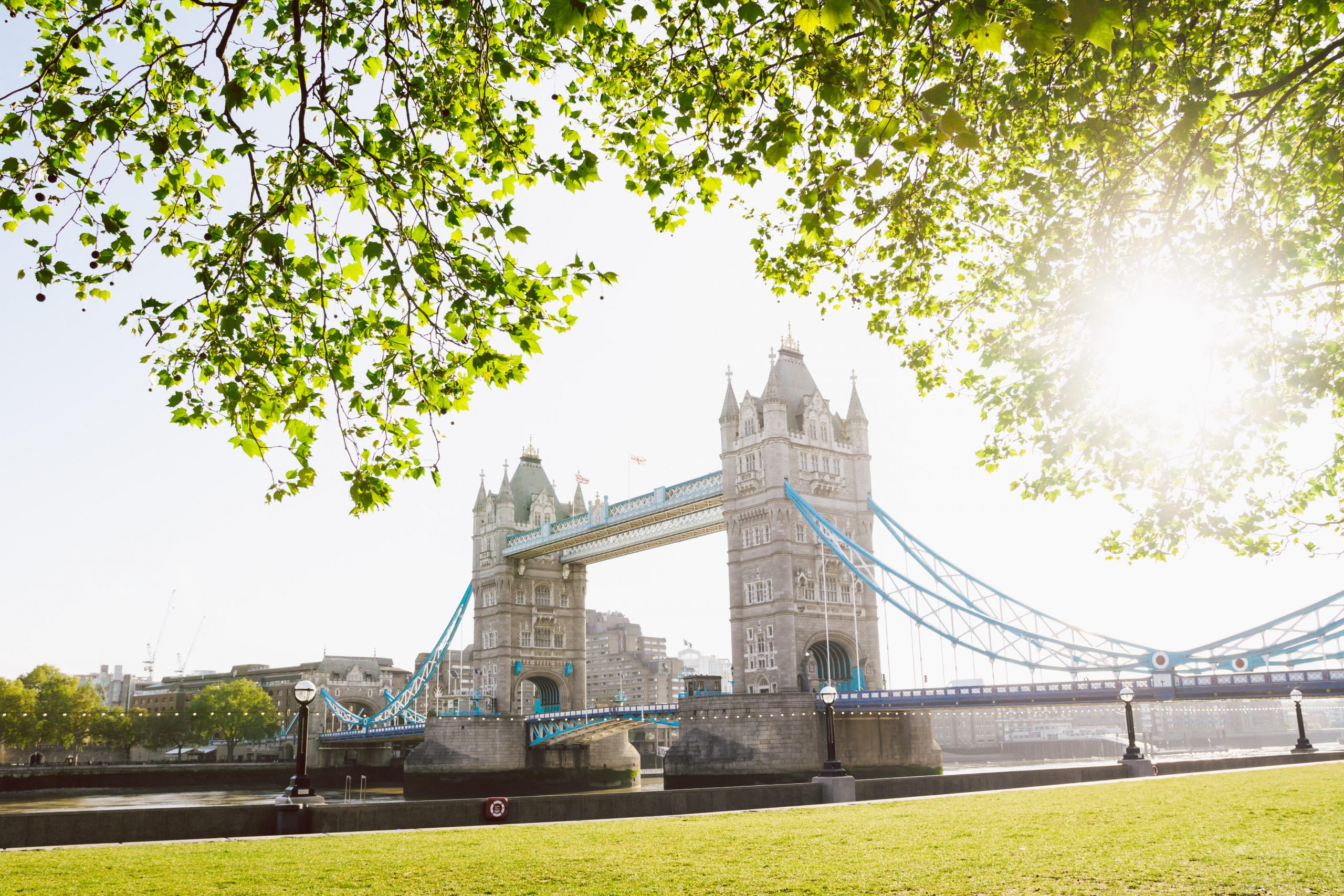
On top of that, it seems that cities are now finding ways to respond to the need for green space and outdoor lifestyle. Walking and gardening were numbers one and three on the list of new hobbies people discovered in the pandemic, according to Google Trends data. And while baking, which was in at number two, seems to have settled back down, the walking and gardening trends seem to be here to stay.
Dr Lauren Andres, associate professor of Urban Planning at University College London, believes that 'Covid-fuelled urban trends are likely to dramatically alter the shape of UK cities'. Dr Andres predicts that street parties and 'pocket parks' (small parks squeezed in to spare pieces of otherwise-unused land) will become more and more common. She also suggests, in research that's part of a, that disused urban spaces could become co-working areas, food halls and farmer's markets — as is happening with one old shopping centre in the centre of Worcester.
Sign up for the Country Life Newsletter
Exquisite houses, the beauty of Nature, and how to get the most from your life, straight to your inbox.
Her research is part of a Google campaign called 'Behind the Lens with Google Pixel', and technology is part of how these changes will happen, as people can use their phones and other devices to share ideas and spread the word. Google's campaign is showing how this can work: TV gardeners The Rich Brothers have fronted an online urban gardening in Bristol, using Google Lens to help identify plants; chef Andi Oliver has run a similar event for foodies in Liverpool; and First Dates' Fred Sireix has hosted a walking tour of London, showing his favourite views and routes.
Such schemes suggest that there is plenty of life in cities, and that they're changing to meet new needs. 'Cities have always been unique hubs that offer a high concentration of activities and possibilities for getting together,' says Dr Andres.
'They are diverse and dynamic places for culture, leisure and entertainment, thriving through their different rhythms. Cities, and particularly city-centres and high streets, were put on stand-by during lockdown, which triggered a significant transformation in how spaces like streets and parks were being used. Some of those changes will be temporary, others more permanent.'
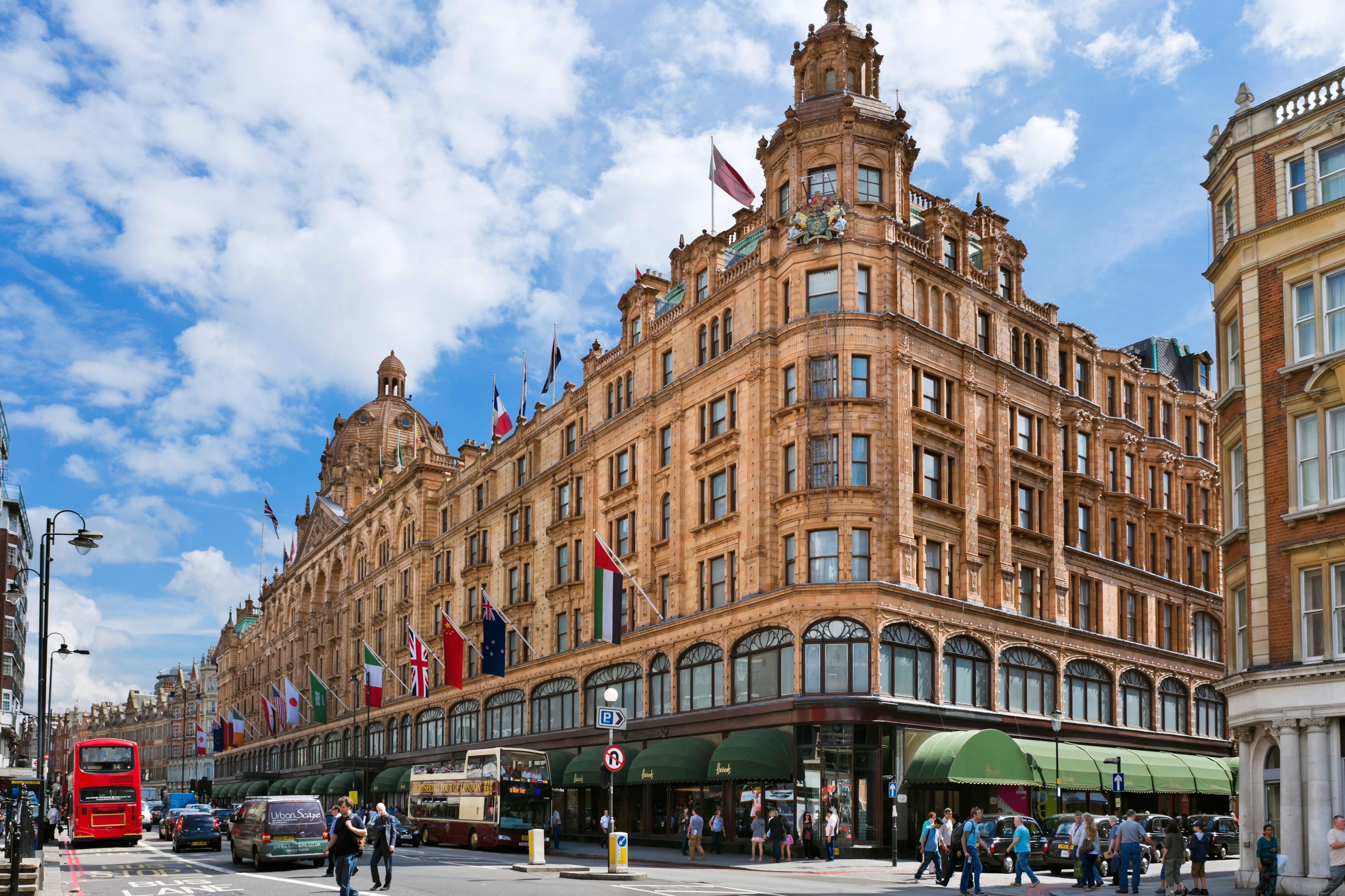
Knightsbridge life: From a hotbed of taverns and thieves to one of the poshest parts of London
Today, Knightsbridge is home and host to the glamorous, but it wasn't always quite that way, finds Carla Passino.
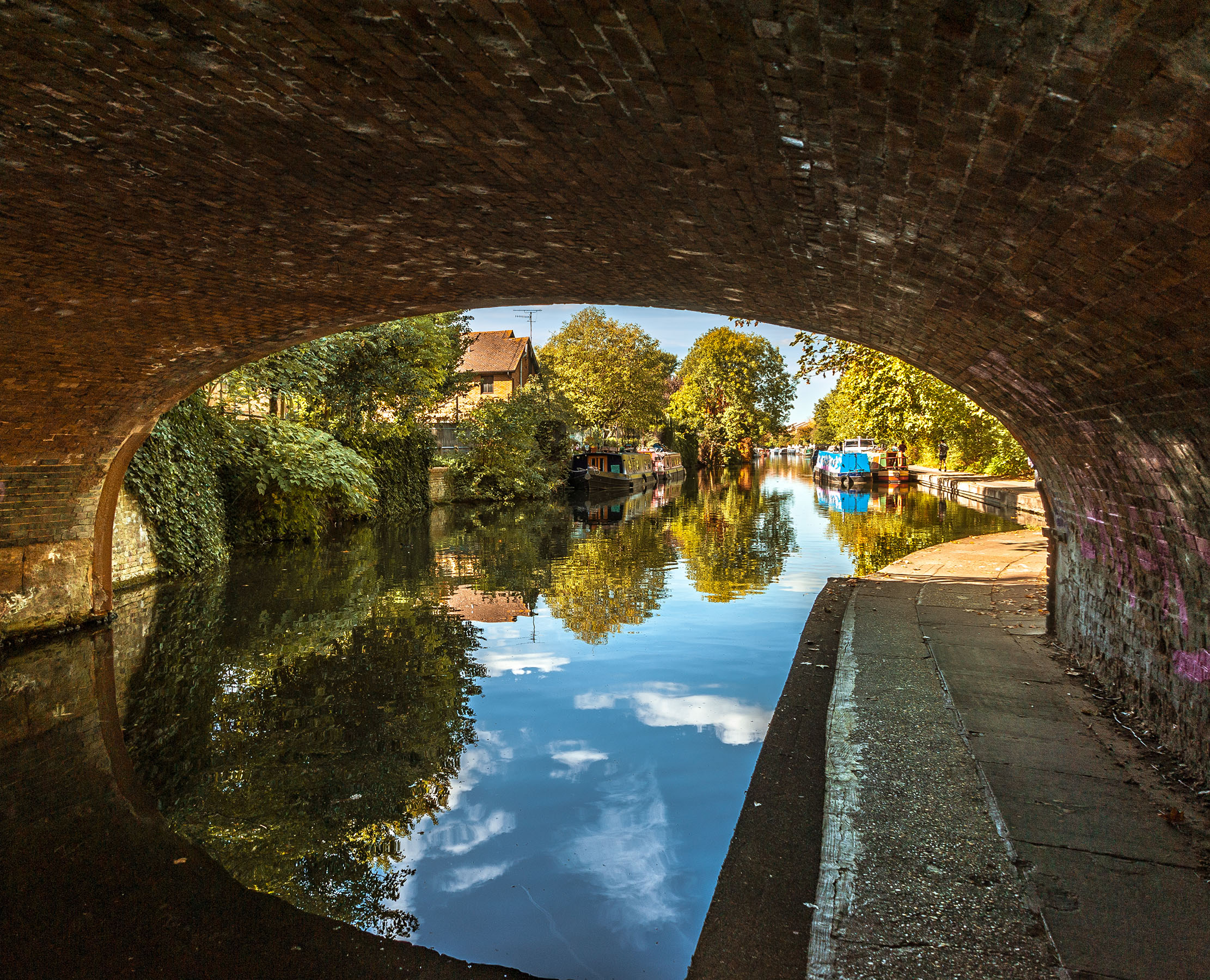
Hackney's journey from bucolic open space to one of London's great melting pots: 'It's the friendliest place I know in London'
Over the centuries Hackney has morphed from a land of gardens and streams to a vibrant, artsy and welcoming community,
Toby Keel is Country Life's Digital Director, and has been running the website and social media channels since 2016. A former sports journalist, he writes about property, cars, lifestyle, travel, nature.
-
 'To exist in this world relies on the hands of others': Roger Powell and modern British bookbinding
'To exist in this world relies on the hands of others': Roger Powell and modern British bookbindingAn exhibition on the legendary bookbinder Roger Powell reveals not only his great skill, but serves to reconnect us with the joy, power and importance of real craftsmanship.
By Hussein Kesvani Published
-
 Spam: The tinned meaty treat that brought a taste of the ‘hot-dog life of Hollywood’ to war-weary Britain
Spam: The tinned meaty treat that brought a taste of the ‘hot-dog life of Hollywood’ to war-weary BritainCourtesy of our ‘special relationship’ with the US, Spam was a culinary phenomenon, says Mary Greene. So much so that in 1944, London’s Simpson’s, renowned for its roast beef, was offering creamed Spam casserole instead.
By Country Life Last updated
-
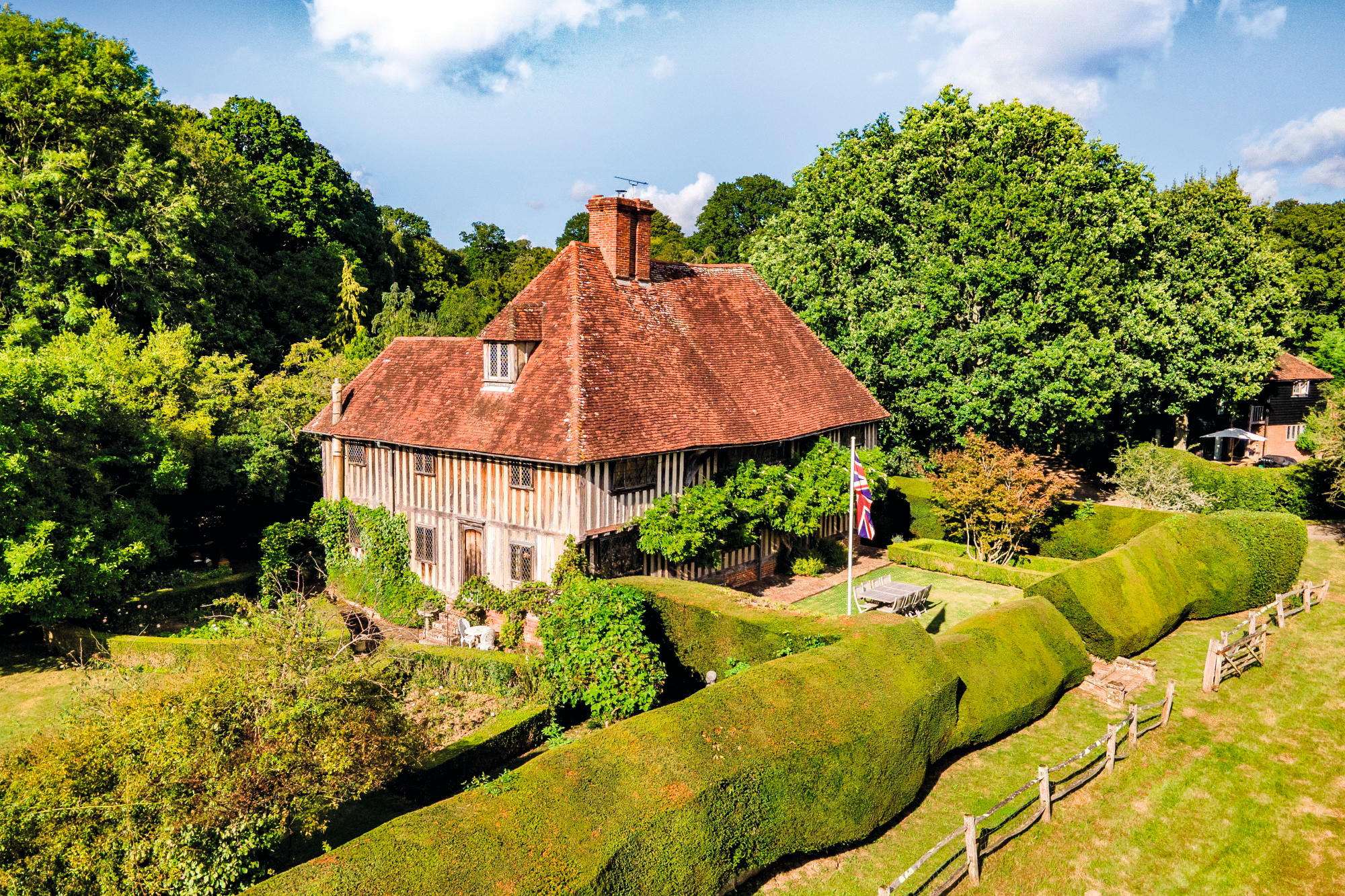 A mini estate in Kent that's so lovely it once featured in Simon Schama's 'History of Britain'
A mini estate in Kent that's so lovely it once featured in Simon Schama's 'History of Britain'The Paper Mill estate is a picture-postcard in the Garden of England.
By Penny Churchill Published
-
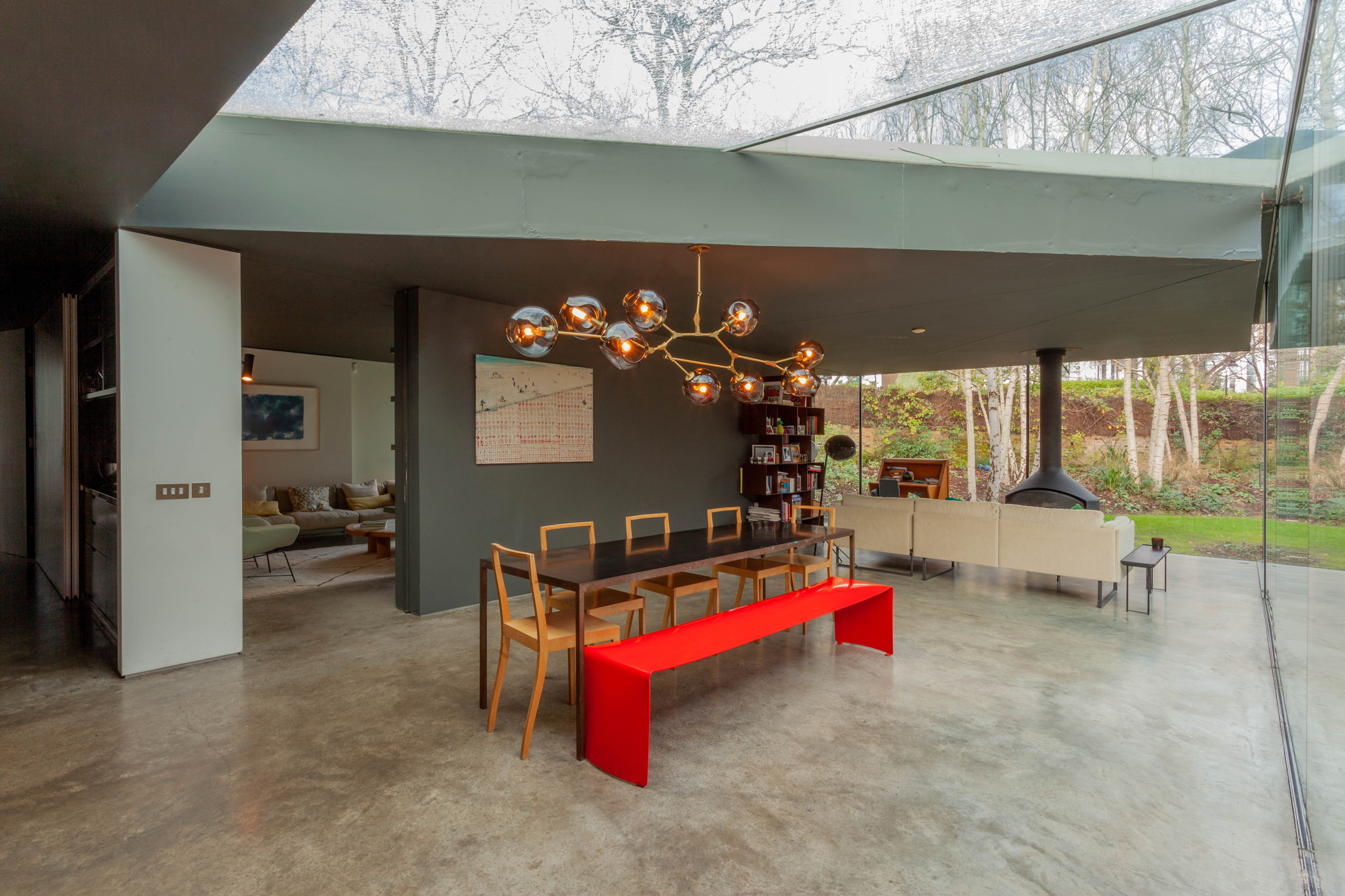 Hidden excellence in a £7.5 million north London home
Hidden excellence in a £7.5 million north London homeBehind the traditional façades of Provost Road, you will find something very special.
By James Fisher Published
-
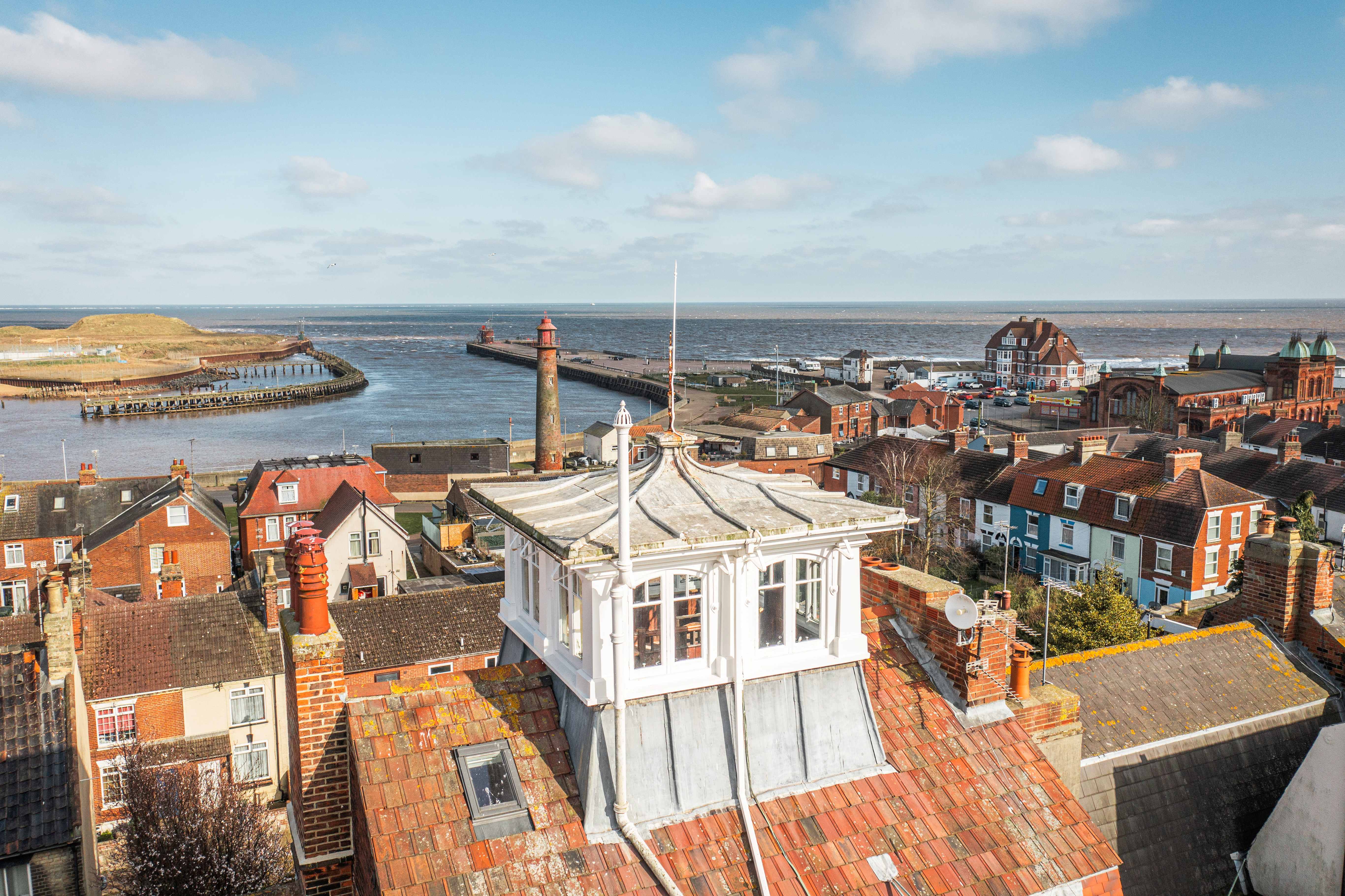 Sip tea and laugh at your neighbours in this seaside Norfolk home with a watchtower
Sip tea and laugh at your neighbours in this seaside Norfolk home with a watchtowerOn Cliff Hill in Gorleston, one home is taller than all the others. It could be yours.
By James Fisher Published
-
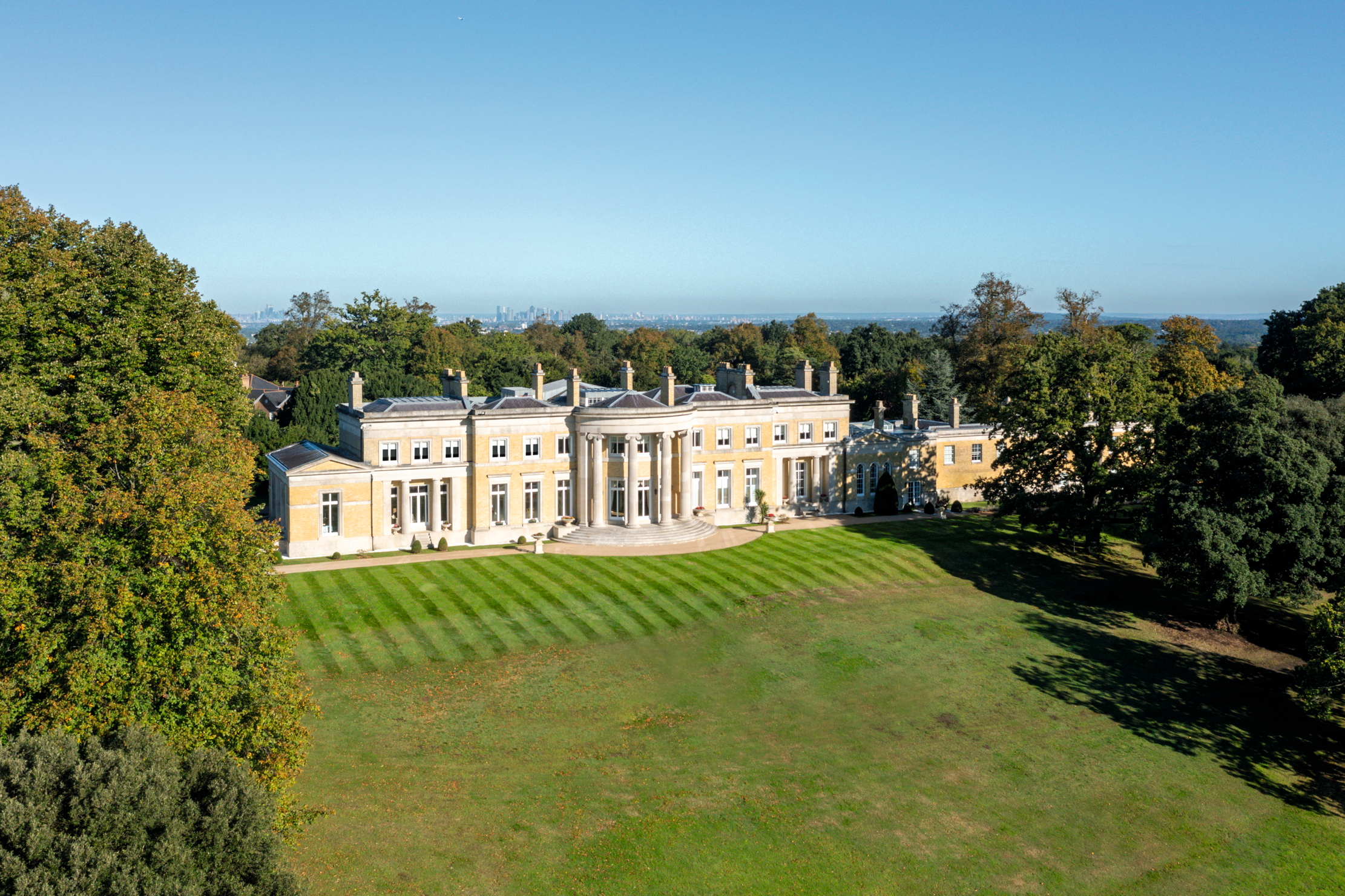 A Grecian masterpiece that might be one of the nation's finest homes comes up for sale in Kent
A Grecian masterpiece that might be one of the nation's finest homes comes up for sale in KentGrade I-listed Holwood House sits in 40 acres of private parkland just 15 miles from central London. It is spectacular.
By Penny Churchill Published
-
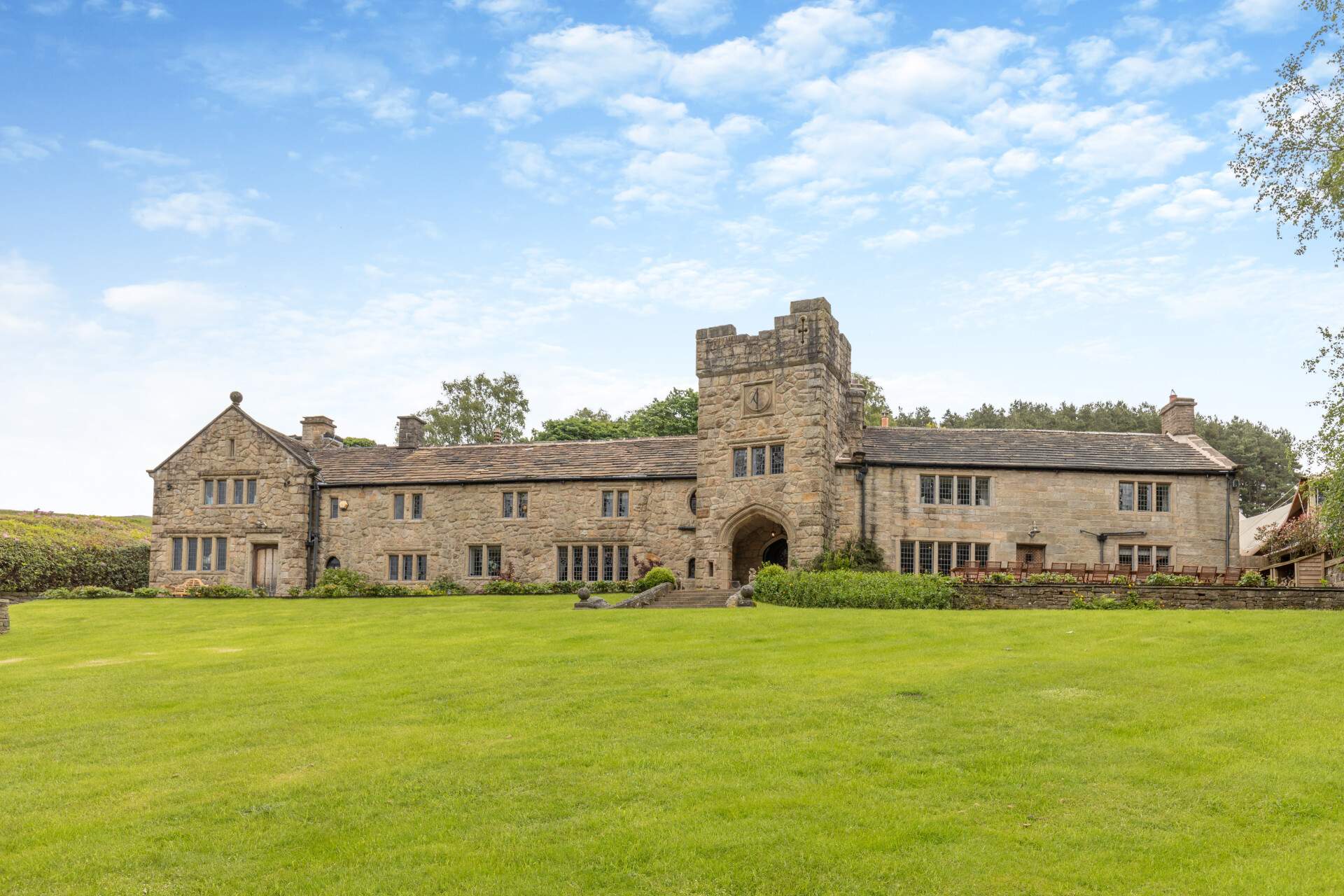 Some of the finest landscapes in the North of England with a 12-bedroom home attached
Some of the finest landscapes in the North of England with a 12-bedroom home attachedUpper House in Derbyshire shows why the Kinder landscape was worth fighting for.
By James Fisher Published
-
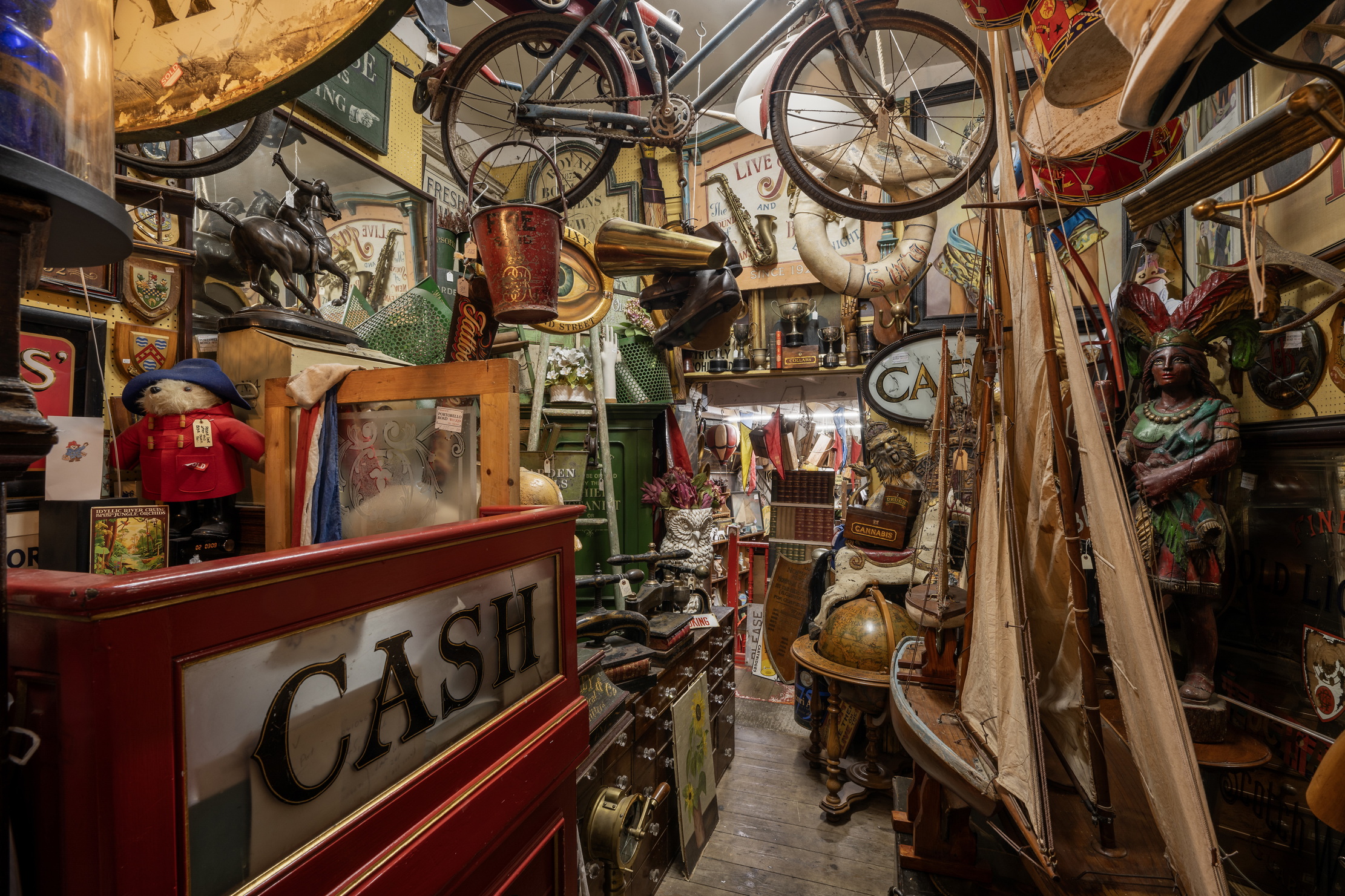 Could Gruber's Antiques from Paddington 2 be your new Notting Hill home?
Could Gruber's Antiques from Paddington 2 be your new Notting Hill home?It was the home of Mr Gruber and his antiques in the film, but in the real world, Alice's Antiques could be yours.
By James Fisher Published
-
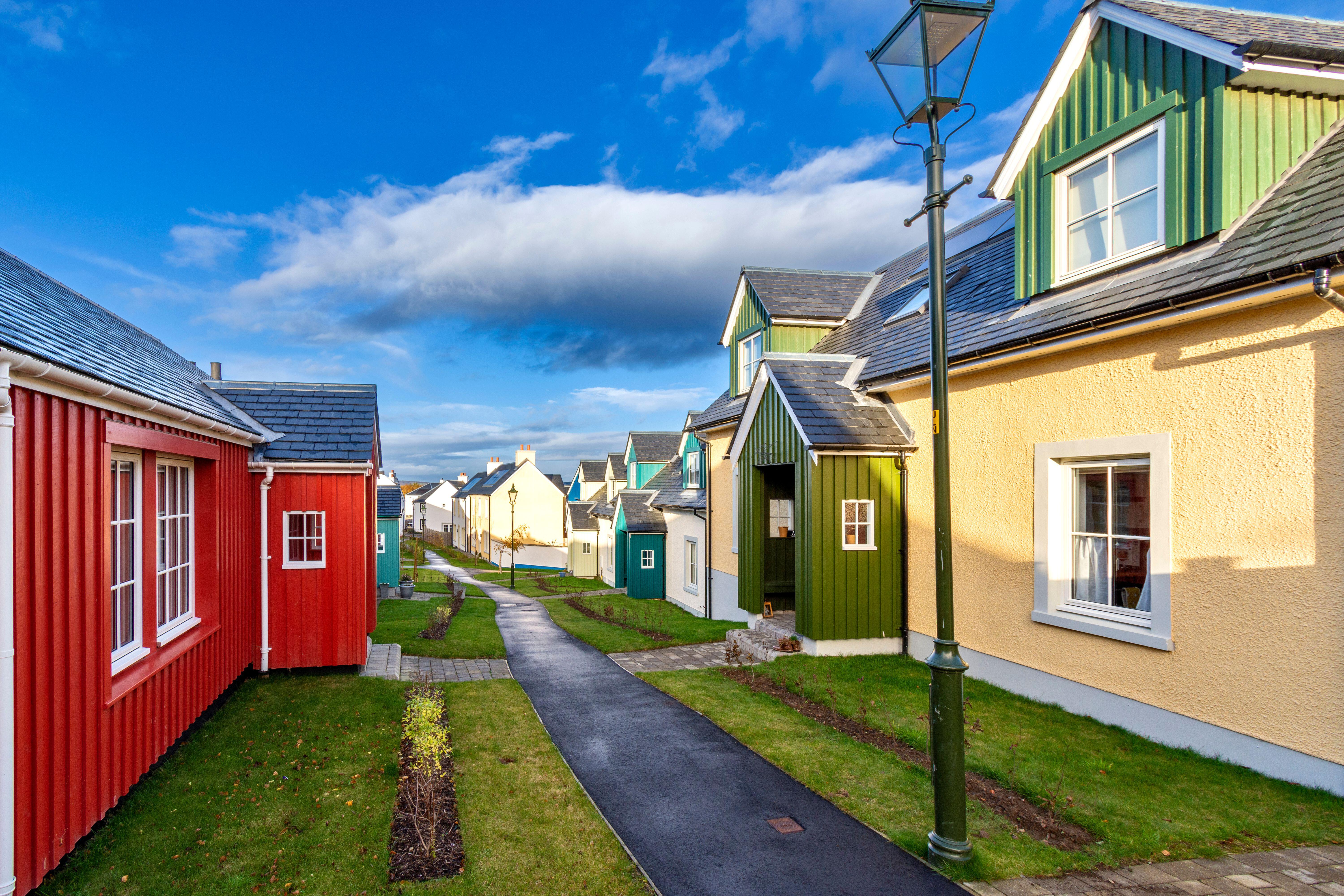 What should 1.5 million new homes look like?
What should 1.5 million new homes look like?The King's recent visit to Nansledan with the Prime Minister gives us a clue as to Labour's plans, but what are the benefits of traditional architecture? And can they solve a housing crisis?
By Lucy Denton Published
-
 Welcome to the modern party barn, where disco balls are 'non-negotiable'
Welcome to the modern party barn, where disco balls are 'non-negotiable'A party barn is the ultimate good-time utopia, devoid of the toil of a home gym or the practicalities of a home office. Modern efforts are a world away from the draughty, hay-bales-and-a-hi-fi set-up of yesteryear.
By Madeleine Silver Published

